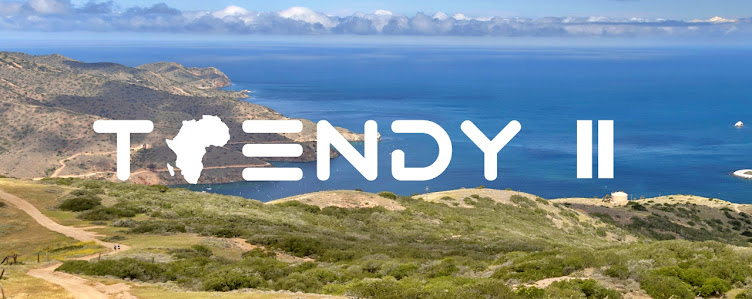More than 1,680 schoolchildren have been kidnapped in Nigeria since the 2014 abduction of 276 schoolgirls from Chibok in Borno State, with fear of attacks stopping some children from ever attending school, said Save the Children.
In April 2014, the abduction from a school in Chibok made
global headlines and sparked the #BringBackOurGirls movement and protests,
which attracted public support from celebrities and public figures including
Malala Yousafzai, Hillary Clinton, and then First Lady Michelle Obama.
However new data analysis by Save the Children reveals that
attacks on schools have been continuing out the spotlight and highlights the
violence that schoolchildren and teachers face across Nigeria.
In addition to the abductions, over 180 schoolchildren were
killed and nearly 90 injured in 70 attacks between April 2014 and December
2022, with an estimated 60 school staff kidnapped and 14 killed. Twenty-five
school buildings were reportedly destroyed during that period.
Most of these attacks took place in North-West Nigeria (49 attacks), followed by North-Central Nigeria (11 attacks). These attacks have long-lasting consequences for communities and for children’s access to education, often leading to the mass withdrawal of children from school and school closures. In Katsina state in the North-Western part of the country, nearly 100 schools remain closed due to insecurity, affecting the education of over 30,000 children.
Famari Barro, Country Director at Save the Children Nigeria,
said more needs to be done to prevent attacks but also to support children and
their families in the aftermath.
In 2015 Nigeria endorsed the Safe Schools Declaration, which
seeks to ensure the continuity of safe education during armed conflict and
outlines commitments to strengthen the protection of education from attack, but
it remains largely unimplemented at the state and community levels. Rural
community schools remain vulnerable to attacks.
Save the Children has been working in Nigeria since 2001 and
responding to the humanitarian crisis since 2014, providing food, clean water,
nutrition and protection services, sexual and reproductive health care, and
education to families across the region.
Save the Children is also providing technical support to the
government on policy changes and reforms, especially in critical sectors such
as health, education, and social protection.
In 2017, Save the Children launched Schools as Zones of
Peace, a project which works with partners in Education in Emergencies Working
Group (EIEWG) to support the implementation of the Safe Schools Declaration and
its guidelines to ensure the protection of education from attack.
Source: APO Group


